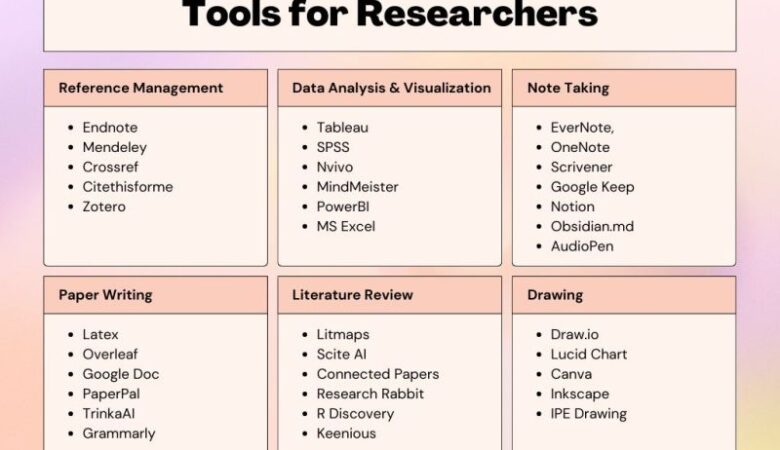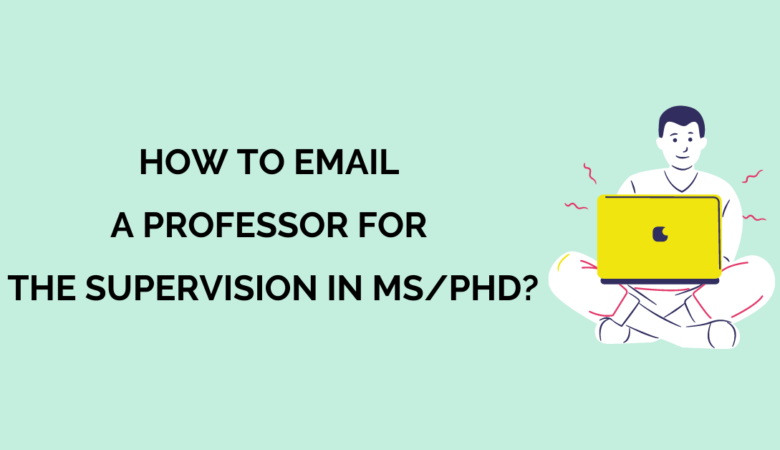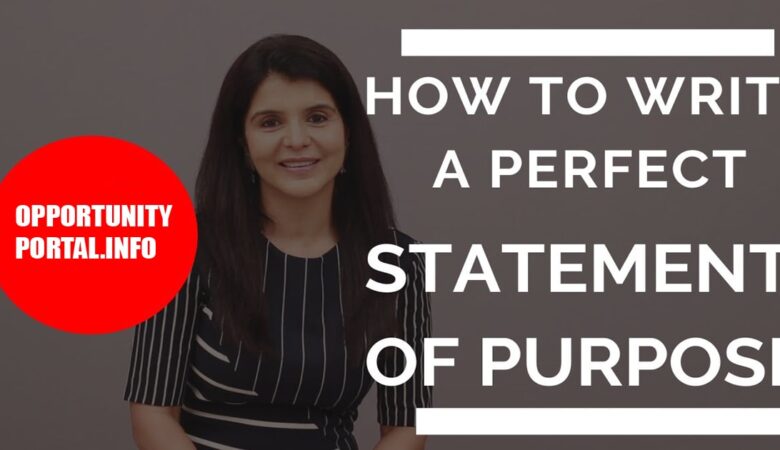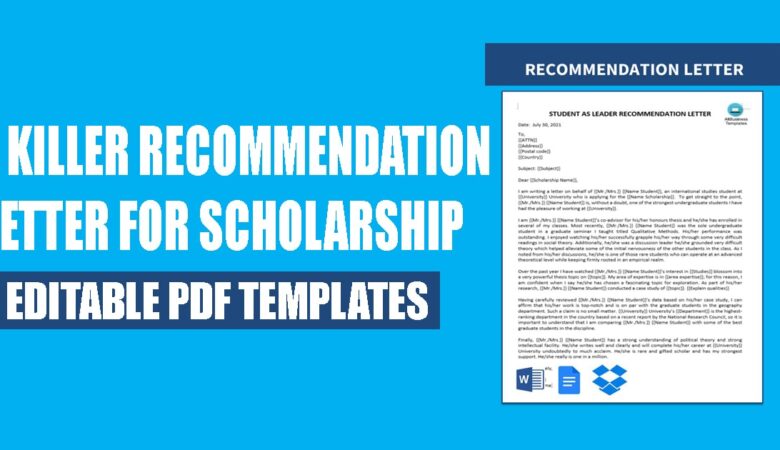In the world of job hunting, two commonly used terms are resumes and CVs, but what is the difference between these two documents, and which one should you use?
A resume is a concise document that summarizes an individual’s skills, work experience, and achievements. Resumes are typically one to two pages long and are used primarily in the business world. They are designed to be scanned quickly by employers and recruiters, highlighting the most important information about the applicant’s qualifications for a particular job.
A CV, on the other hand, is a more comprehensive document that provides a detailed overview of an individual’s academic and professional background. It includes information about the applicant’s education, research and teaching experience, publications, presentations, awards, and other achievements. CVs are typically longer than resumes and are commonly used in academic and scientific fields, as well as in some international contexts.
Understanding the differences between resumes and CVs is important for job seekers, as using the appropriate documentation can help to make a positive impression on potential employers. In the following sections, we will explore the key differences between resumes and CVs and provide guidance on when to use each type of document.
What is the difference between a resume and a CV?
A resume and a CV (curriculum vitae) are both used to showcase an individual’s skills, qualifications, and work experience. However, there are some key differences between the two.
A resume is typically one to two-page document that highlights an individual’s work experience, skills, and achievements. Resumes are commonly used in the United States and Canada and tend to be more concise and tailored to the specific job the individual is applying for.
On the other hand, a CV is typically a more detailed document that provides a comprehensive overview of an individual’s academic and professional history. CVs are commonly used in European countries, the Middle East, and Asia, and may be several pages long. They often include more detailed information about an individual’s education, research experience, publications, and presentations.
Example: A recent graduate applying for an entry-level job in the United States would likely use a resume, while a Ph.D. candidate applying for a research position in Europe would likely use a CV.
When should you use a resume instead of a CV?
Resumes are typically used when applying for jobs in the United States and Canada, as well as in some other countries like Australia and New Zealand. They are appropriate for most entry-level and mid-level positions, as well as many senior-level positions in industries such as business, finance, marketing, and technology.
Resumes are often preferred by employers because they are shorter and more focused, making it easier to quickly identify relevant skills and experience. They also allow job seekers to tailor their application materials to specific job openings.
Example: A recent college graduate applying for an entry-level marketing position in the United States would likely use a resume.
Also Check: Study in France: Scholarship, Low Tuition Universities, Study Visa Requirement
In which countries is a CV more commonly used than a resume?
CVs are more commonly used than resumes in many European countries, including the United Kingdom, Germany, France, and Spain. They are also commonly used in the Middle East, Asia, and Africa.
In these countries, CVs are often expected to be more detailed and comprehensive than resumes, and may include information such as academic qualifications, research experience, and publications.
Example: A scientist applying for a research position in the United Kingdom would likely use a CV.
Can a resume be longer than a CV?
No, a resume is typically shorter than a CV. While there is no hard and fast rule for the length of a resume, it is generally recommended to keep it to one to two pages. This helps to ensure that the resume is concise and focused, and makes it easier for employers to quickly identify relevant information.
In contrast, a CV can be several pages long, depending on the individual’s academic and professional experience. However, it is still important to make sure that the CV is well-organized and easy to read, and to prioritize information that is most relevant to the job being applied for.
Example: A senior executive applying for a high-level management position in the United States would likely use a resume that is one to two pages long.
Also Check: Oxford Free Online Courses with Certificates
What sections are typically included in a CV but not in a resume?
CVs often include more detailed information about an individual’s academic and professional history than resumes. Some sections that may be included in a CV but not in a resume include:
- Education: CVs typically include detailed information about an individual’s academic qualifications, including the name and location of the institution, the degree earned, and the date of graduation.
- Research experience: For individuals in academic or scientific fields, CVs may include a section on research experience, including publications, presentations, and grants received.
- Professional affiliations: CVs may include information about professional organizations the individual belongs to, as well as any leadership positions held within those organizations.
Example: A professor applying for a tenure-track position would likely include a section on research experience in their CV, highlighting their publications and presentations at academic conferences.
Is a CV necessary for all job applications, or is a resume sufficient?
In general, a CV is not necessary for all job applications. Resumes are typically more appropriate for entry-level and mid-level positions, while CVs are more commonly used for senior-level positions or in academic and scientific fields.
However, it is always a good idea to research the specific requirements of the job you are applying for, as well as the cultural norms in the country or region where the job is located. In some cases, employers may ask for a CV even if it is not the standard format for that type of position.
Example: A job posting for a senior executive position in Europe may require candidates to submit a CV rather than a resume.
How should you tailor your resume or CV for different job applications?
When applying for different job openings, it is important to tailor your resume or CV to the specific requirements of each position. This can include modifying the objective statement or summary to highlight relevant skills and experience, adjusting the order of sections to emphasize relevant qualifications, and using industry-specific terminology and keywords.
It is also important to research the company and the specific job opening and to customize the resume or CV to align with the company’s values and mission.
Example: A marketing professional applying for a job in the fashion industry would likely emphasize their creativity and aesthetic sensibilities in their resume or CV, while a marketing professional applying for a job in the healthcare industry would likely highlight their analytical skills and attention to detail.
Also Check: Study Plan And Research Proposal | How To Write, Tips, And Example
What is the recommended length for a resume or CV?
The recommended length for a resume is typically one to two pages, while the length of a CV can vary depending on the individual’s experience and the specific requirements of the job. However, it is important to prioritize relevant information and avoid including unnecessary details that may detract from the overall impact of the application.
Example: A recent college graduate with limited work experience would likely have a one-page resume, while a seasoned executive with extensive experience and accomplishments would likely have a two-page resume.
Can you include personal information on a resume or CV?
In general, it is not recommended to include personal information such as age, marital status, or race on a resume or CV. This information is not relevant to the job application and could potentially lead to discrimination or bias.
However, some personal information may be appropriate in certain circumstances. For example, if you are applying for a job in a foreign country, it may be helpful to include information about your language skills or work authorization status.
Example: An individual applying for a job as an English teacher in Japan may include information about their proficiency in Japanese, as well as their work visa status.
How should you list your education and work experience on a resume versus a CV?
On a resume, it is common to list your work experience first, followed by your education. This is because employers are often most interested in your professional experience and accomplishments.
On a CV, education is typically listed first, followed by work experience. This is because academic qualifications are often highly valued in fields such as science, engineering, and academia.
However, it is always important to tailor the order of sections to the specific requirements of the job and the expectations of the employer.
Example: An individual applying for a job as a software engineer would likely list their work experience first on their resume, while an individual applying for a job as a research scientist would likely list their education first on their CV.
Please Subscribe to Our Telegram Channel And WhatsApp Channel To Get The Latest Scholarship Updates.
Please Check Out Our LinkedIn Company Page And LinkedIn Group And Get All the Latest Scholarships Updates.
Also Check: How To Study In UK Without IELTS 2023







I am very Interesting!
I’m very interesting